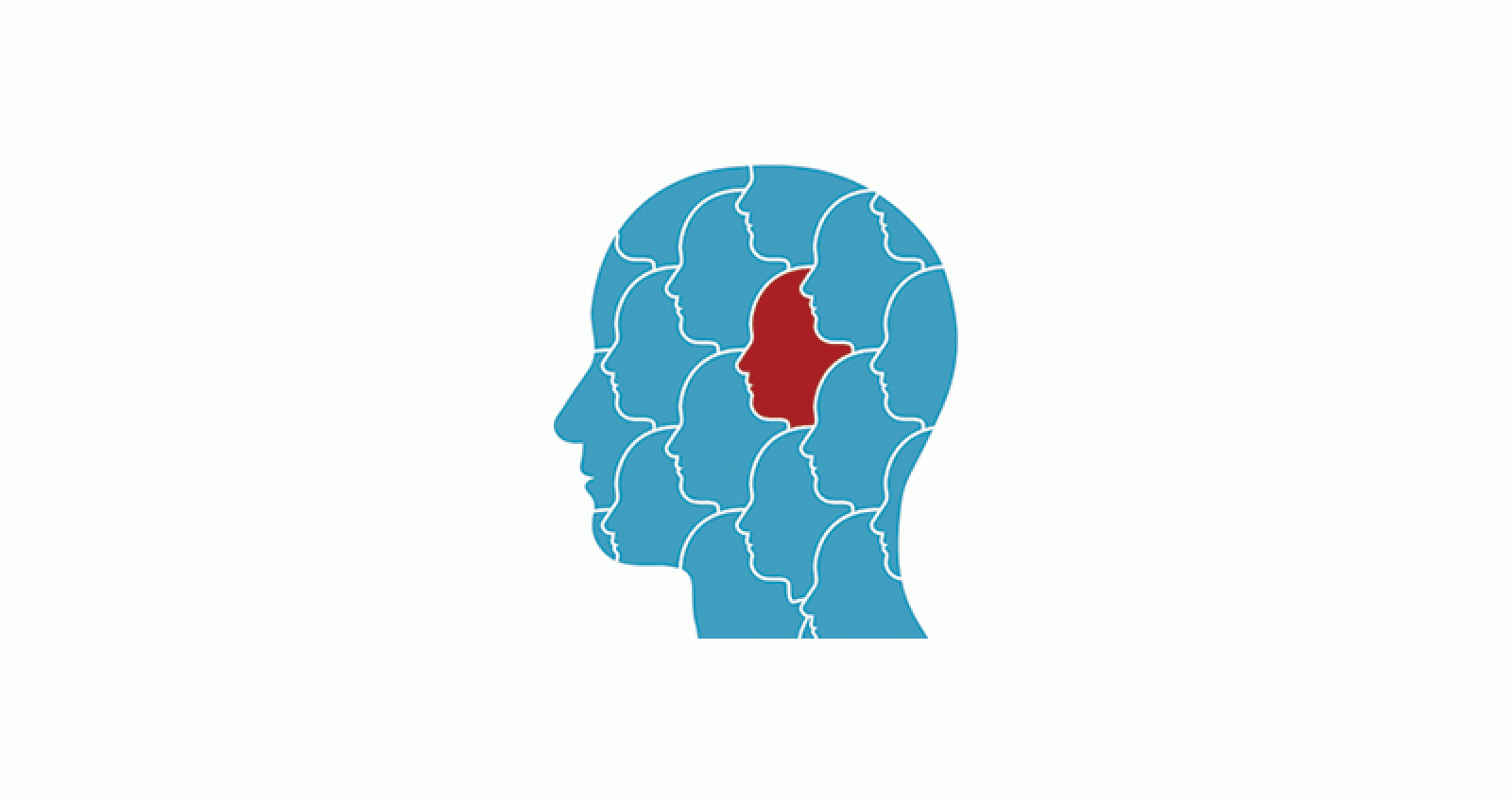Why is independence so important? The simple answer is trust. Public institutions, such as the World Bank Group, need to account for the resources entrusted to them and the results they promised to achieve. Self-reporting and Open Data are essential to increasing trust. So is independent evaluation which validates the truthfulness of self-reporting and delivers greater in-depth analyses to understand the reasons for achievements and shortfalls. As one of my predecessors, Yves Rovani, put it in 1988: "Internally, our independence helps ensure the choice of subjects, access to information, and candor of reporting necessary for accessing accountability and for drawing fully on the benefits of experience. Externally, it contributes to the credibility of the Bank's achievements by demonstrating publicly its openness and willingness to be the first to recognize its own shortcomings."
Contrary to providing a second opinion, independent evaluation assesses, as objectively as humanly possible, the success and failure of policies and interventions, and reports critical findings without fear of repercussion. Independence, for that matter, serves to safeguard this objectivity of evaluation.
How best then to limit subjectivity and influence over evaluation? It sounds straight-forward: get people who are external to the institution to evaluate it, as implied in the Washington Post article U.S. push for outside oversight over the World Bank. The "internal – external" question can be very basic: you are "internal" when you work for the institution whose policies and interventions are evaluated, or you are not an employee and you are "external". Underlying the idea that "external" is more independent are assumptions that being outside the line of command and pressures within the institution, separate from corporate culture and group think, enhances independence and impartiality, because interests might be less vested.
Independence has been a constant in my career as evaluator. I have worked for many different institutions, each of which managed the quest for impartiality in different ways, but the fundamental principles were the same: reduce biases to the greatest extent possible and report on success and failure, even when "bad news" is not welcome.
Recognizing the reality of these pressures and the need to manage them as well as perceptions of independence, extensive discussions about evaluation were held within the World Bank Group in 1973 – many of which were led by the U.S. government. These discussions resulted in the establishment of an evaluation function outside of the institutional structure responsible for operational matters. Two years later, in 1975, independence was further strengthened. The Director General, Evaluation, reports directly to the Bank’s shareholders – the Executive Board – and has limits on the terms of service with no right to further employment at the World Bank. Other aspects that can limit independence – the choice of what is evaluated, the budget, and freedom to publish reports without censorship – were all addressed with similar measures. These principles became accepted as "gold standards" in the evaluation community and were later adopted by regional development banks and other international finance institutions.
Is this "external" enough? Admittedly, in all of my positions, I have been an "internal" evaluator – in that I was employed by the institution - and worked with "external" evaluators in varying roles. Yes, the external evaluators bring a different perspective and are further removed from implicit norms. They might be more impartial, although there is no guarantee of that.
Most importantly, it takes an outsider a lot longer to understand institutions, find information, establish trust, and become effective influencers.
IEG’s long-term agenda allows us to have the greatest impact on the World Bank’s development effectiveness by making strategic choices about what is evaluated, conducting evaluations that are innovative and cutting edge and that influence stakeholders during the evaluation and not just once the report is issued. We are then able to share lessons gained from experience to foster learning in the World Bank Group and with its partners.
Our long-standing history of independence and the institutional measures in place to safeguard it have both been recognized as instrumental to increasing the credibility of the World Bank Group, which is more than an external evaluation could do.








Comments
Add new comment